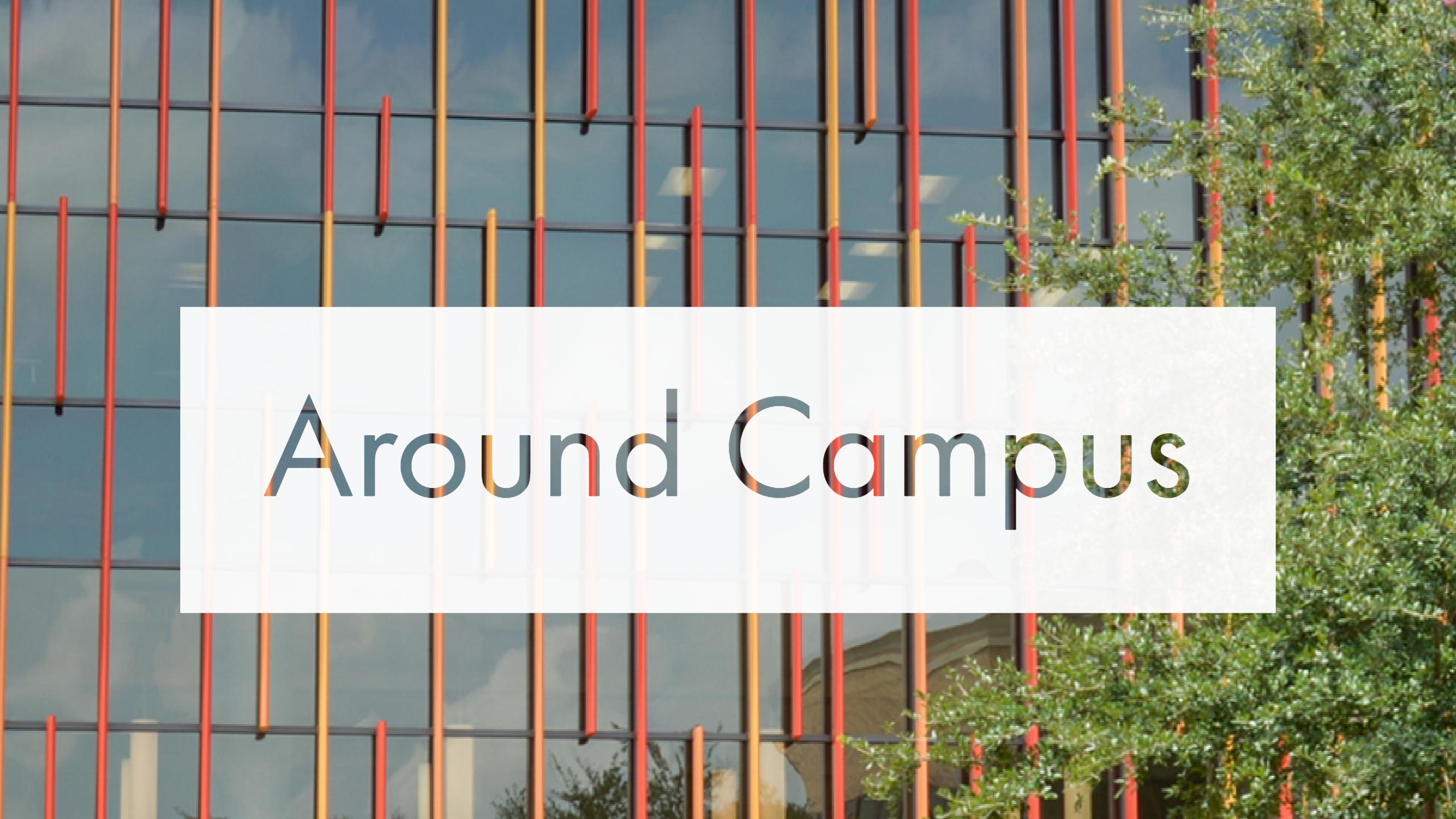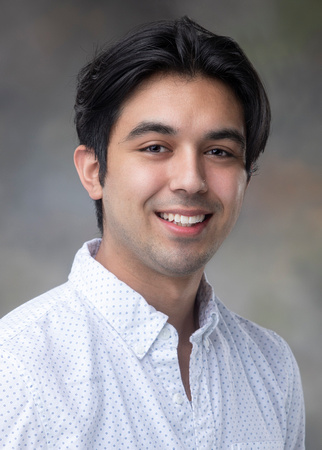Q & A with John Sanchez, UT Health Link PREP scholar

 UT Health Link PREP scholar John Sanchez won “best poster award” at the Annual Biomedical Research Conference for Minority Students. The conference took place virtually on November 10-13, 2021.
UT Health Link PREP scholar John Sanchez won “best poster award” at the Annual Biomedical Research Conference for Minority Students. The conference took place virtually on November 10-13, 2021.
The PREP program at UT Health San Antonio is a highly structured post-baccalaureate program designed to strengthen research skills and qualifications of eligible participants interested in matriculating into and successfully completing a biomedical PhD program.
What was the title of the poster that you presented?
Novel PELP1 targeted therapy to increase efficacy of Topoisomerase Inhibitors in Treating TNBC
What was the poster about?
My poster is about a novel PELP1 targeted therapy developed by the Vadlamudi lab that is combined with existing FDA approved drugs. My data shows that this new inhibitor, combined with low concentrations of chemotherapy drugs, can decrease the viability of several triple negative breast cancer (TNBC) cell lines by affecting cell cycle progression and inducing apoptosis.
Why is this research important?
Breast cancer is now the most common type of Cancer in the USA according to the National Cancer Institute. TNBC is a subtype of breast cancer that makes up about 15% of overall breast cancer cases. This form of breast cancer is a very aggressive form that spreads and grows very rapidly. To make matters worse, there are little to no targeted therapies available for this type of cancer. This research attempts to meet this need for more specific therapies by combining a new inhibitor developed by the Vadlamudi lab with existing FDA approved chemotherapy drugs. This new inhibitor works by targeting PELP1, a protein that is expressed more in TNBC cells and has several oncogenic functions. My hypothesis is that this new therapy targeting PELP1 can exacerbate drug induced cell stress, decreasing cancer cell viability and increasing drug efficacy.
What did you think about the ABRCMS conference? What did you enjoy most?
This was the first conference I ever attended. It was a great way to connect with professors and faculty at schools I planned on applying to for graduate school. As a first-generation student it was also amazing to meet other individuals my age with a similar background doing science! My favorite part would have to be meeting other PREP scholars and sharing our experiences and the new and exciting work we are all doing!
I know that you are part of the PREP program, what about the program intrigued you to apply?
I attended St. Mary’s University in San Antonio which is a small school with limited research opportunities on campus. Because of this I relied on research experiences for undergraduates (REUs) that took place during the Summer to obtain research and professional experience to prepare me for graduate school. However, due to the global COVID-19 pandemic, I was unable to attend any REUs for the Summer. This resulted in me deciding to take a gap year after my graduation in 2021. When I heard about the PREP program though, I was drawn to the fascinating research taking place here. Not only that, but the opportunity to bolster my wet lab experience and gain the ability to think critically made me feel like this would be the best way for me to prepare for graduate school and assure myself that this the path I wanted to take.
What are the next steps for your research?
Next, I am planning to test the utility of this new combination therapy using preclinical TNBC models, one method being explants. These are essentially human breast tumors grown in mice that are then taken out for testing. Explants are used to mimic the heterogeneity of in vivo tumors which can have varying effects on drugs. I also hope to understand the mechanisms inside these breast cancer cells that these drugs are targeting, with this knowledge hopefully we can improve the effects of the combination therapy.
What are your career goals?
Since being in the Vadlamudi lab, my passion for drug discovery has grown. In the future I hope to be a part of a pharmaceutical company helping with the development of new, more efficient therapies for cancer.
